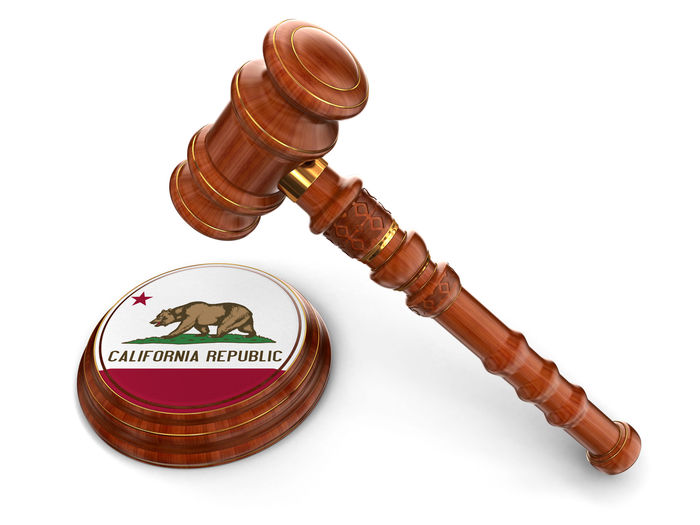
In general, the Federal Arbitration Act (FAA) applies to most arbitration agreements. However, parties may also opt to employ the procedural law of the location of arbitration instead of the federal arbitration law. The California Arbitration Act (CAA) applies to domestic arbitrations that are governed by the laws of California. While the FAA precludes inconsistent state law, parties can alternatively choose to be subject to the provisions of state procedural law. In this case, there is no preemption.
In certain areas of the statutes, there are substantive differences between the two laws and thus, the choice of governing law is an important decision. One of the primary areas of divergence occurs when a party wants to compel arbitration and there are other matters pending between the parties that are not eligible for arbitration, or where claims put forth in the action are subject to arbitration and non-binding parties are parties to such action.
The CAA provides that the court may reject a request to compel arbitration, even if the parties have a valid arbitration agreement in place, when a party to the arbitration agreement is also a party to a separate court proceeding with a third party that arises out of the same transactions to which the arbitration agreement applies. Similarly, the court may refuse an arbitration proceeding or delay such proceeding if other issues exists between the parties that are not eligible for arbitration and whose resolution may render the arbitration unnecessary. The authority to deny or postpone petitions for arbitration under the California rule is clearly rooted in the goal of preventing conflicting rulings on similar issues of law or fact. In contrast, the federal rule was devised to promote arbitration proceedings and encourage their implementation even if such proceeding results in inconsistent decisions arising from duplicate actions. Thus, the choice of law in this circumstance may determine whether a matter actually continues to arbitration.
If you are a party to an arbitration proceeding in the state of California, it is important to get the advice of an attorney who is knowledgeable about current changes in the law and has extensive experience in alternative dispute resolution. Contact Shane Coons at 949-333-0900 or visit www.ShaneCoonsLaw.com to learn more about his practice
